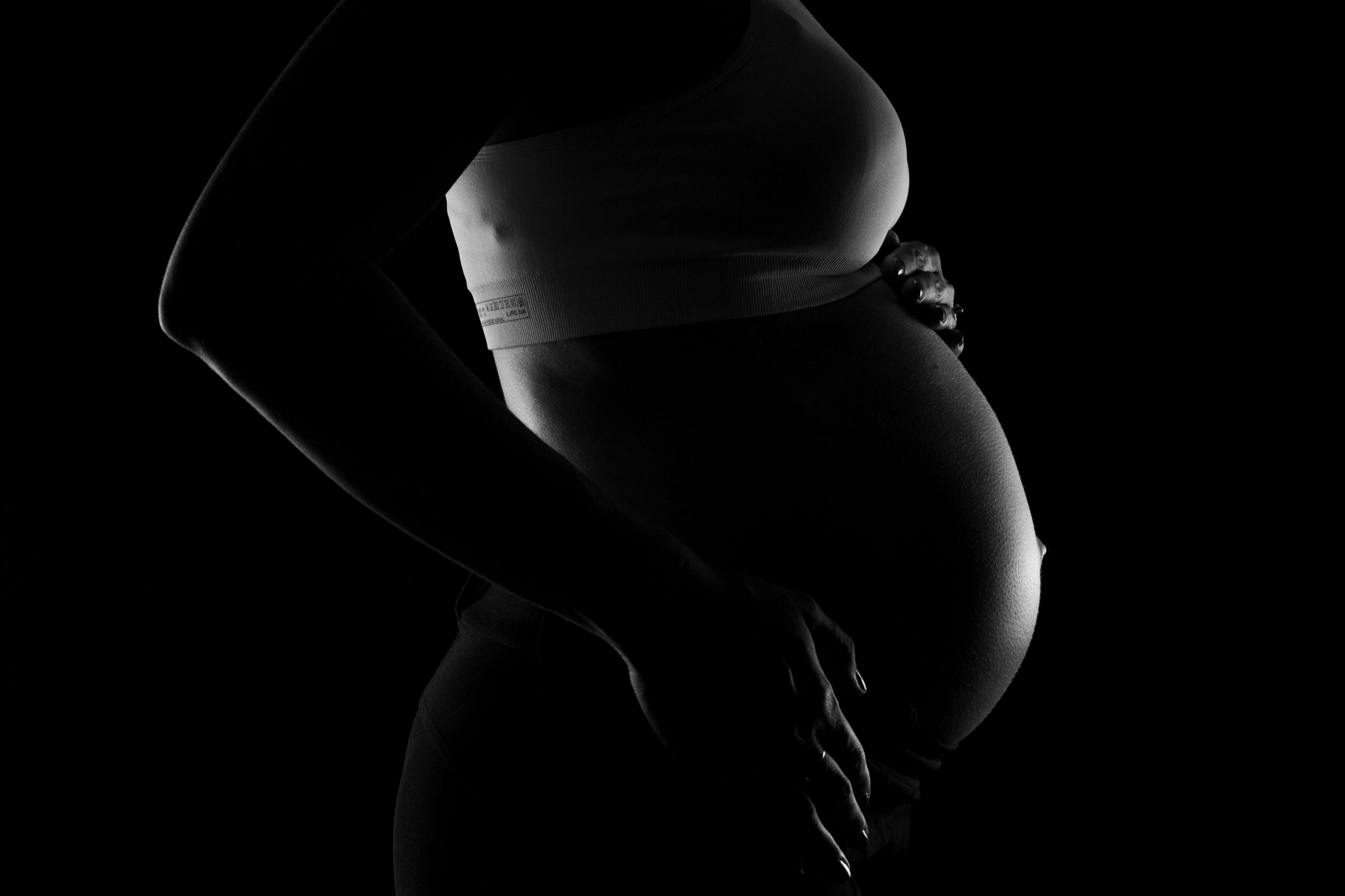
Postpartum psychosis: knowing it to know how to deal with it
Many authors agree that postpartum psychosis is the most serious form of puerperal depression. Postpartum psychosis occurs in less than 2 cases per 1000 deliveries
The onset usually begins three weeks after delivery and often within a few days.
Postpartum psychosis, also known as puerperal psychosis, is a severe form of postpartum depression
It therefore represents a specific type of depression that can affect women after childbirth and which occurs, with varying degrees of severity, in 7% to 12% of new mothers, most frequently between the sixth and twelfth week after the birth of their child (source: Ministry of Health).
Postpartum psychosis is one of the most serious and dramatic psychiatric illnesses
It is characterised by a sudden onset of psychiatric and often neurological symptoms, especially in the first two weeks after childbirth.
It mainly affects women, with no medical history and is therefore difficult to predict.
The incidence is very low (0.25-0.50 per 1,000 births), but the relative risk for the first onset of affective psychosis is 23 times higher in the postpartum period than in any other period (WHO).
This form of psychosis (which is much rarer and more severe than the better known postpartum depression) is more likely to develop in people already suffering from a mental disorder such as bipolar disorder or schizophrenia.
Several risk factors can cause postnatal mental disorders: lack of support from the partner, family and society, a state of poverty, overwork, marital difficulties and complications in connection with pregnancy.
Symptoms caused by postpartum psychosis are numerous and can include mood swings such as: high mood, euphoria, feelings of exaltation, talking and thinking too much or too quickly; low mood, sadness, low energy, loss of appetite and difficulty sleeping are among the most common symptoms.
If treated early and appropriately, the short-term prognosis is promising
However, the risk of a lifelong disabling illness such as bipolar disorder and of a possible relapse following pregnancy is high.
This disorder was included in the Orphanet database, the reference portal for information on rare diseases, on 29 February 2016, with an official recognition for an often misdiagnosed pathology that can lead to suicide or infanticide.
DO YOU WANT TO KNOW MORE ABOUT RARE DISEASES? VISIT THE UNIAMO STAND AT EMERGENCY EXPO
Researchers Arianna Di Florio, from the University of North Carolina (U.S.A.), Trine Munk-Olsen and Veerle Bergink, from the University of Aarhus, Denmark, in a letter published in the scientific journal The Lancet Psychiatry, highlighted this important news for the world of mental health.
The inclusion of postpartum psychosis in the list of rare diseases is an important recognition for affected women, their families and the entire psychiatric community.
Firstly, such inclusion reduces stigma by providing official medical status, promoting scientific information, and linking patients and their families to relevant organisations and specialised centres.
Secondly, it helps to optimise research efforts: the list of ongoing projects and data archives available on Orphanet can facilitate collaboration and communication between researchers and specialised centres.
Prevention can be an excellent method of “screening” for all those pregnant women who have had a history of depression, schizophrenia, bipolar disorder, severe anxiety both before and between pregnancies.
This will definitely decrease the high risk of developing postnatal psychosis.
Article written by Dr Letizia Ciabattoni
Read Also:
Defusing Among First Responders: How To Manage The Sense Of Guilt?
Burnout In Paramedics: Exposure To Critical Injuries Among Ambulance Workers In Minnesota
Psychosis Is Not Psychopathy: Differences In Symptoms, Diagnosis And Treatment
Source:
https://www.osservatoriomalattierare.it
https://www.news-medical.net/health/Postpartum-Postnatal-Psychosis-(Italian).aspx
https://www.salute.gov.it/portale/donna/dettaglioFaqDonna.jsp?lingua=italiano&id=170
Il giuramento di Ippocrate. Il romanzo di una psicosi post-parto, di Armida Savoldi, Guaraldi, 1998
La nascita della prima malattia psichiatrica orfana: la psicosi post-partum, di Francesco Fuggetta 17 agosto 2016
La depressione post partum. Cause, sintomi e diagnosi Condividi, V. Fanos (Curatore) T. Fanos (Curatore), Hygeia Press, 2013


